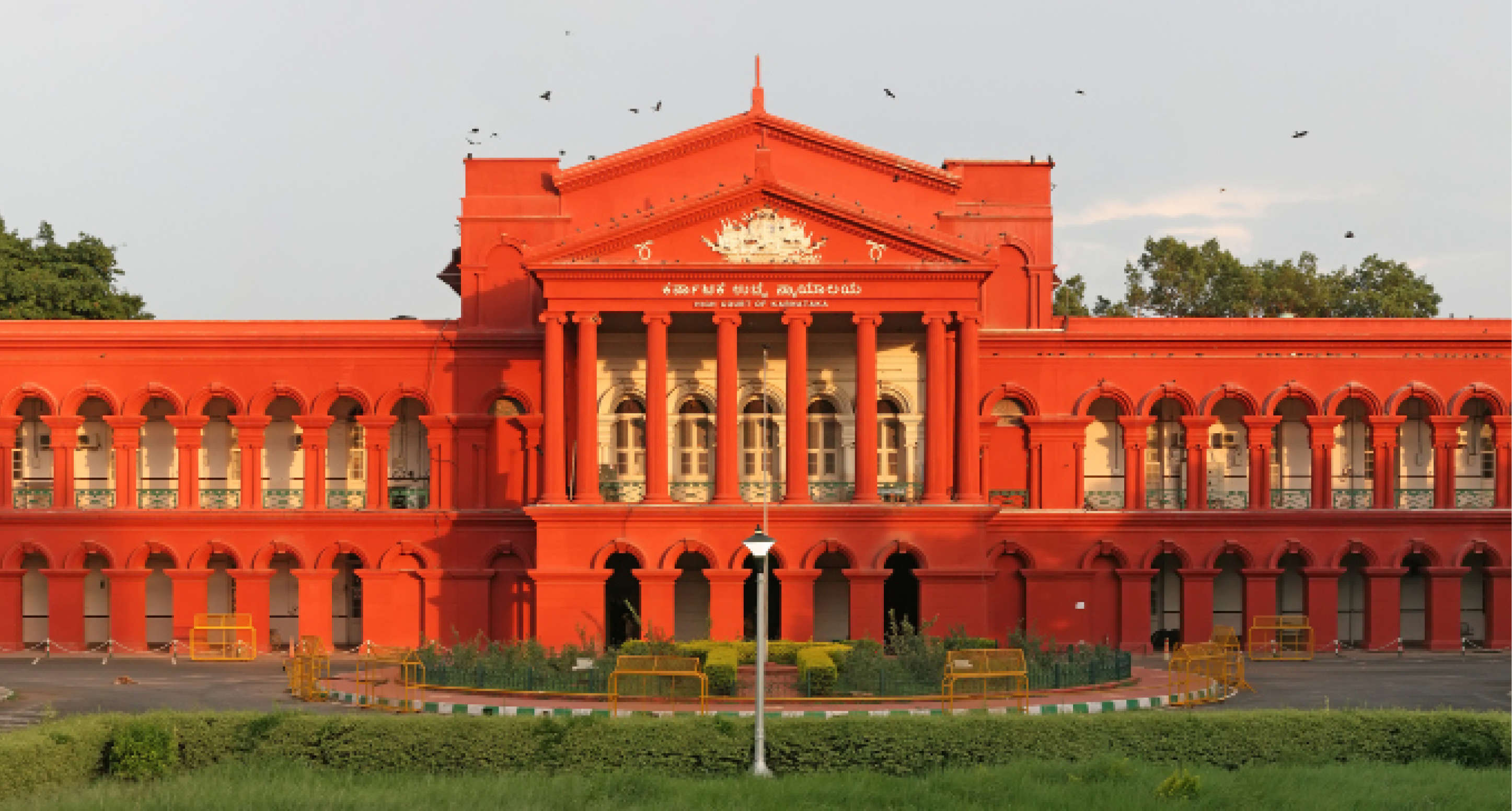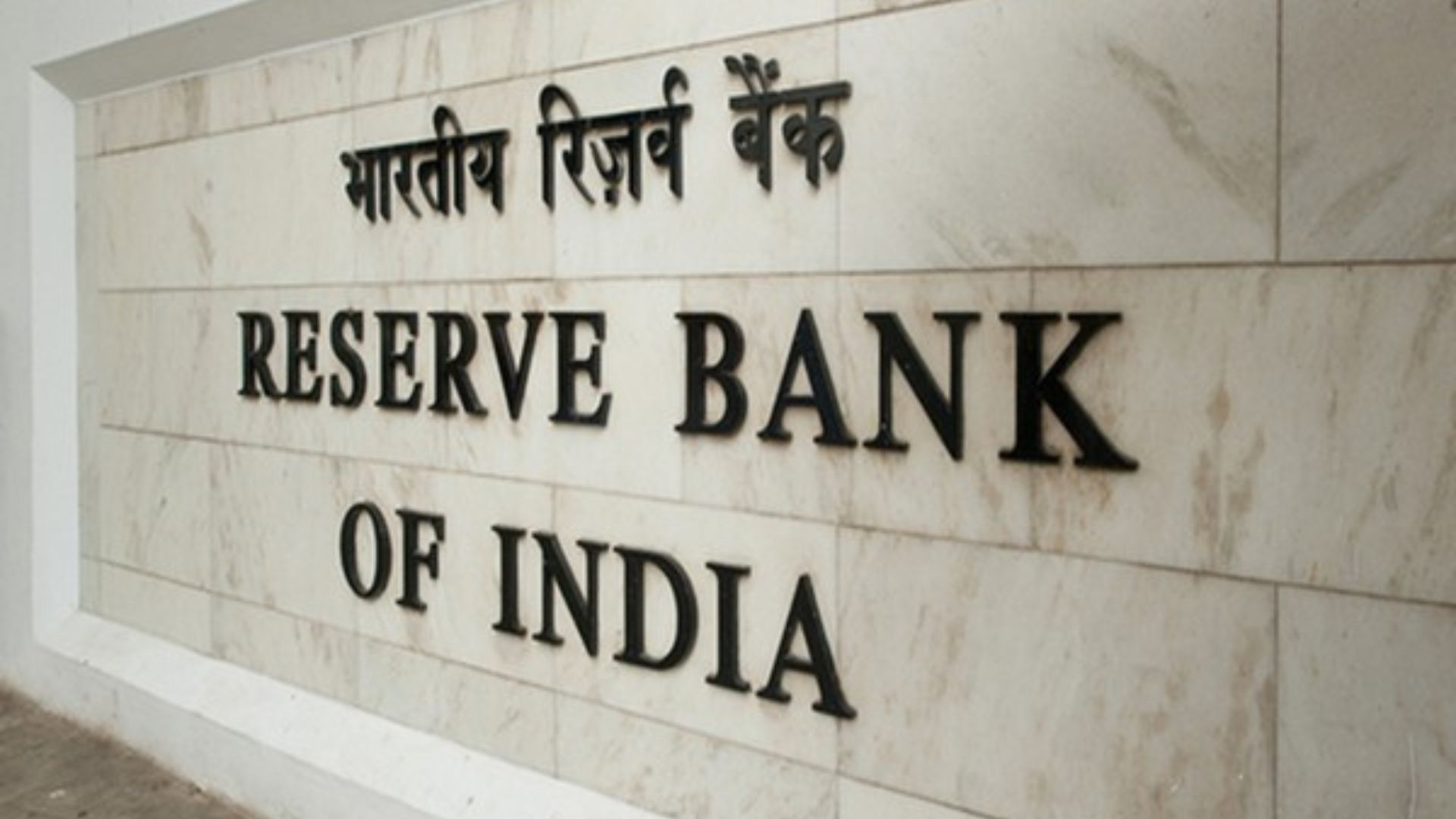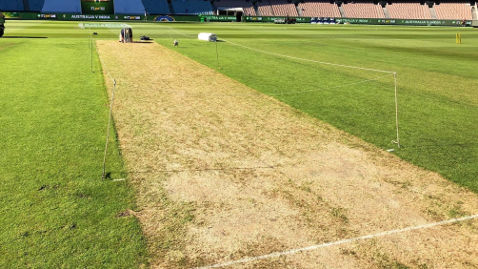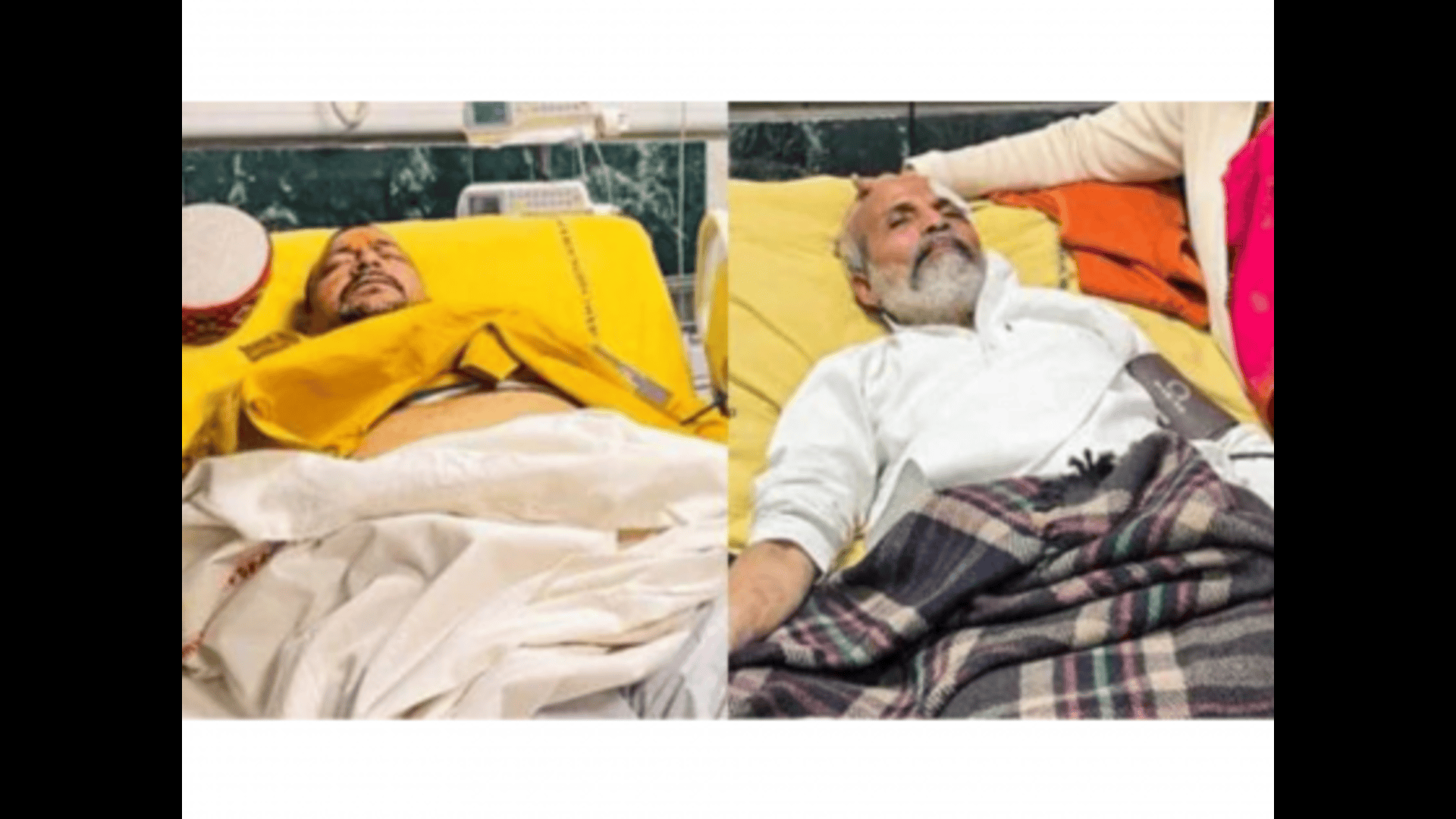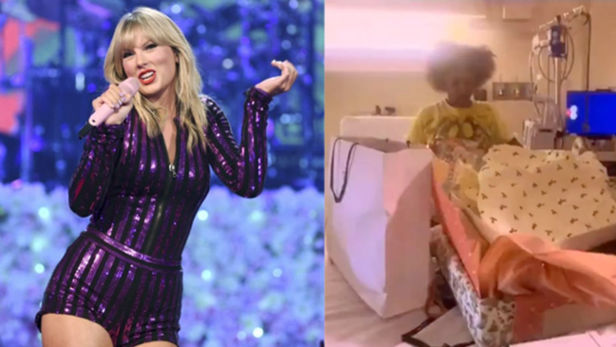It must be stated most forcefully that all the Trial Court Judges in India and so also all the human rights lawyers, intellectuals, criminal lawyers and students of law must unfailingly read this most learned, laudable, logical and landmark judgment titled Harish vs State of Karnataka Criminal Appeal No. 1234 of 2017 C/W Criminal Appeal No. 836 of 2017 that was delivered just recently on July 18, 2023 by a learned Division Bench of the Karnataka High Court comprising of Hon’ble Mr Justice K Somashekar and Hon’ble Mr Justice Rajesh Rai K wherein it has been reiterated most firmly that Trial Courts cannot impose a “special category sentence” or imprisonment for life without the possibility of remission or, in other words, imprisonment till last breath” of the convict. We must note here that the Division Bench clarified in no uncertain terms that it is only the Supreme Court and the High Courts that can impose such punishments. In hindsight, the Apex Court also had held so in the leading case law titled Union of India vs V Sriharan alias Murugan and others (2014) 4 SCC 242. We see here that the two appeals were filed before the Karnataka High Court by Harish and Lokesh who were the first and third accused in the murder of DR Kumar. The second convict Radha had not filed an appeal. The bail and surety bond of Harish was cancelled and he was given two weeks to surrender before the Trial Court to serve the sentence.
At the very outset, this brief, brilliant, bold and balanced judgment sets the ball in motion by first and foremost putting forth in para 1 that, “These appeals filed by the convicted accused Nos.1 and 3 are directed against the judgment of conviction and order of sentence passed in S.C.No.215/2012 dated 25.04.2017 by the II Additional District and Sessions Judge, Hassan for the offence punishable under Sections 302, 120(B), 201 r/w Section 34 of IPC wherein, accused No.1 was directed to undergo rigorous imprisonment for a period of two years and to pay a fine of Rs.10,000/- for the offence punishable under Section 120(B) r/w Section 34 of IPC in default of payment of fine, he shall undergo further simple imprisonment of three months. Further, accused No.1 was directed to undergo imprisonment for life i.e., till his last breath and to pay a fine of Rs.50,000/- in default of payment of fine, he shall undergo imprisonment for a period of 2 years for the offence punishable under Section 302 r/w Section 34 of IPC. Accused Nos.1 and 3 were directed to undergo rigours imprisonment for a period of three years and to pay a fine of Rs.10,000/- each in default of payment of fine, they shall undergo three months simple imprisonment for the offence punishable under Section 201 r/w Section 34 of IPC. It is also ordered that accused No.1 shall pay sum of Rs.3,00,000/- to both the children of deceased under the provisions of 357 Cr.P.C., in default, they are entitled to recover the said amount from accused No.1 under Section 357(2) of Cr.P.C. Further, it directed to run the entire sentence concurrently.”
To put things in perspective, we see that the Division Bench then envisages in para 2 that, “The brief facts of the prosecution case are that on 29.03.2012, one Radha/accused No.2, who is the wife of the deceased-D.R.Kumar in this case, lodged a complaint before the respondent-police alleging that on 16.02.2012 around 9.00 p.m., her husband-D.R. Kumar had been to the field near Chollemarada village and from that relevant point of time, her husband was not returned to the home and was missing. Based on the said complaint, FIR has been registered for man missing in Crime No.44/2012. During the course of investigation, the respondent-police arrested accused No.1 on 13.06.2012 and recorded his voluntary statement as per Ex.P43 wherein, accused No.1 revealed that he and accused No.2 i.e., wife of deceased had illicit affair and the same was opposed by her husband i.e., the deceased and as such, in order to eliminate the deceased, himself and accused No.2 hatched a conspiracy and accordingly, on 16.02.2012 at about 8.00 p.m., while the deceased was working near Chachatanna Village road in Sy.No.121, accused No.1 assaulted him with the wooden rod (MO.5) on his head and thereby, the deceased fell down and at that time, accused No.1 kicked on his neck and chest and committed his murder.
Thereafter, he called his brother accused No.3 to bring the goods auto rickshaw bearing registration No.KA-18-A-526 and they both shifted the dead body in the said auto from Devappanahalli village to the land of Rathnamma bearing Sy.No.155 and buried the dead body of the deceased in the pit which already dugged in the JCB. Later, accused No.2 gave the missing complaint that her husband was missing from 29.03.2012 in order to mislead the investigation. Based on the same, the dead body of the deceased recovered by exhumation proceedings vide Ex.P7- Mahazar and subsequently, another FIR was registered for the offence punishable under Sections 120 (B), 302, 201, r/w Section 34 IPC against accused Nos.1 to 3 based on the suo moto complaint lodged by the Deputy Superintendent of police as per Ex.P35. Later, the respondent-police investigated the matter, drew up the spot mahazar as per Ex.P7, conducted the inquest proceedings over the dead body as per Ex.P27 and after recording the statement of witnesses, the investigation officer laid the charge sheet against accused Nos.1 to 3 for the offence punishable under Sections 120(B), 302, 201 r/w Section 34 IPC before the committal Court. On committal of the case to the Sessions Court, the learned Sessions Judge framed the charges against the accused and read over to them. However, they denied the charges and claimed to be tried.”
As it turned out, the Bench enunciates in para 31 that, “But in the instant case, the prosecution proved all the above circumstances against the accused. The major circumstance of the recovery of the dead body at the instance of accused No.1 is proved beyond any doubt since accused No.1 showed the place of burial of the dead body and thereafter, the exhumation of the dead body and identification of the same by the family members and also the opinion of the experts i.e., the doctors and the scientific officer in respect of the homicidal death of the deceased and the recovery of the weapon said to have used by accused No.1 for the commission of the crime etc., are clearly proved by the prosecution beyond all reasonable doubt.”
Do note, the Bench notes in para 32 that, “The recovery of the last remains of the deceased was a relevant fact, which was, thus, admissible in evidence. The accused No.1 had pin pointed the exact place which was to be dugged up. He also made an oral statement to that effect. The entire exhumation proceedings and inquest proceedings were video graphed by PW.12 and he deposed to that effect.”
It cannot be glossed over that the Bench points out in para 33 that, “The various circumstances leading to the pointing out of the guilt of accused No.1 and accused No.1 alone is the perpetrator of the crime is evident from the circumstances placed against him. It is evident that each of the circumstances had been established. The cumulative effect whereof would show that all the links in the chain are complete and the conclusion of the guilt is fully established. Further, the major circumstance of recovery of the dead body at the instance of accused No.1 by way of exhumation proceedings clearly proved in this case. In such circumstances, an adverse inference can be drawn against the accused. Our view is fortified by the judgment rendered in the case of Swamy Shraddananda vs. State of Karnataka reported in (2007) 12 SCC 288.”
Be it noted, the Bench notes in para 39 that, “The learned counsel contended that the non-examination of the mother of the deceased who was residing along with accused No.1 and the deceased in their house is fatal to the prosecution case. However, when the evidence of other family members very much available and the deceased of the sister and the brother of the accused No.2 himself deposed about illicit affair between accused Nos.1 and 2, in such circumstances, the Hon’ble Apex Court in the case of Sunil Clifford Daniel vs. State of Punjab reported in (2012) 11 SCC 205 held that when other evidence are available, the non-examination of the said witness is inconsequential.”
As a corollary, the Bench holds in para 40 that, “Hence, in our considered opinion, the learned Sessions Judge has rightly convicted accused No.1 for the charges levelled against him.”
Most significantly, the Bench mandates in para 42 holding that, “However, the sentence imposed against accused No.1 by the trial Court by directing him to undergo imprisonment i.e., till his last breath is concerned, in our considered opinion the said sentence is not sustainable under law for the reason that the Hon’ble Apex Court in the case of Union of India vs. V.Sriharan Alias Murugan and others reported in 2016 (7) SCC in 1 held that awarding of said special category sentence, in substitution of death sentence, that is, sentence barring remission under Cr.PC for specified term beyond 14 yrs, or life imprisonment barring remission for rest of life, held (per majority), is valid – Clarified, however power under Arts. 72 and 161, which is not the same as the statutory power of remission, is not affected – Award of non-remittable specified sentence or life imprisonment barring remission for rest of life, held, not violative of separation of powers – Such special sentence when imposed under substantive provisions of IPC does not overlap procedural power under Cr.PC either – Considering crime situation in India (particularly nexus between hardened criminals and ill-gotten wealth, and nature of heinous crimes on the rise), delay in disposal of cases, and balancing interest of victims with those of convicts, such special category sentence is necessary. Further held (per majority), such special category sentence can only be imposed by High Court or supreme Court and not by trial court. (emphasis supplied).”
Please read concluding on thedailyguardian.com

